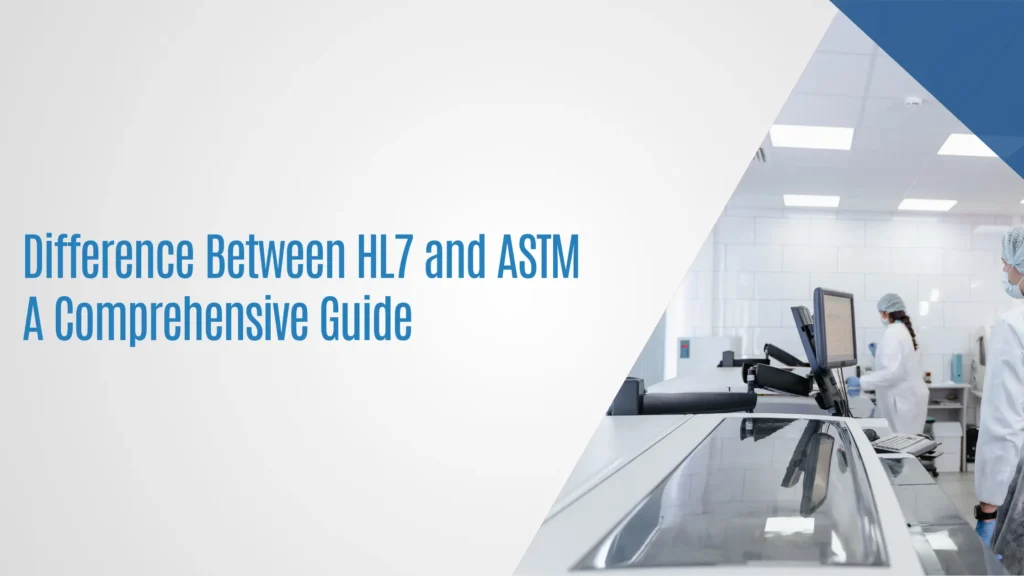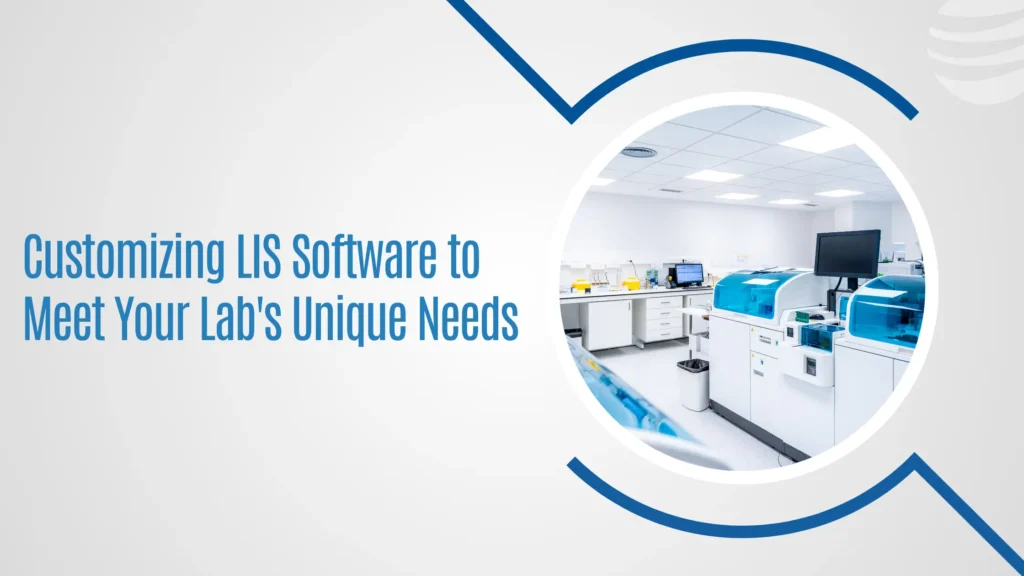Improve Lab Sample Management with LIS Solutions
Transforming your Lab’s Pre-Analytical Processes: The Impact of LIS on Sample Management Introduction to Pre-Analytical Processes in Laboratories The pre-analytical phase encompasses all procedures that occur before a sample reaches the analytical stage of testing. These steps include order entry, patient identification, specimen collection, labeling, handling, and transport. Errors during this phase can affect diagnostic […]
Improve Lab Sample Management with LIS Solutions Read More »










